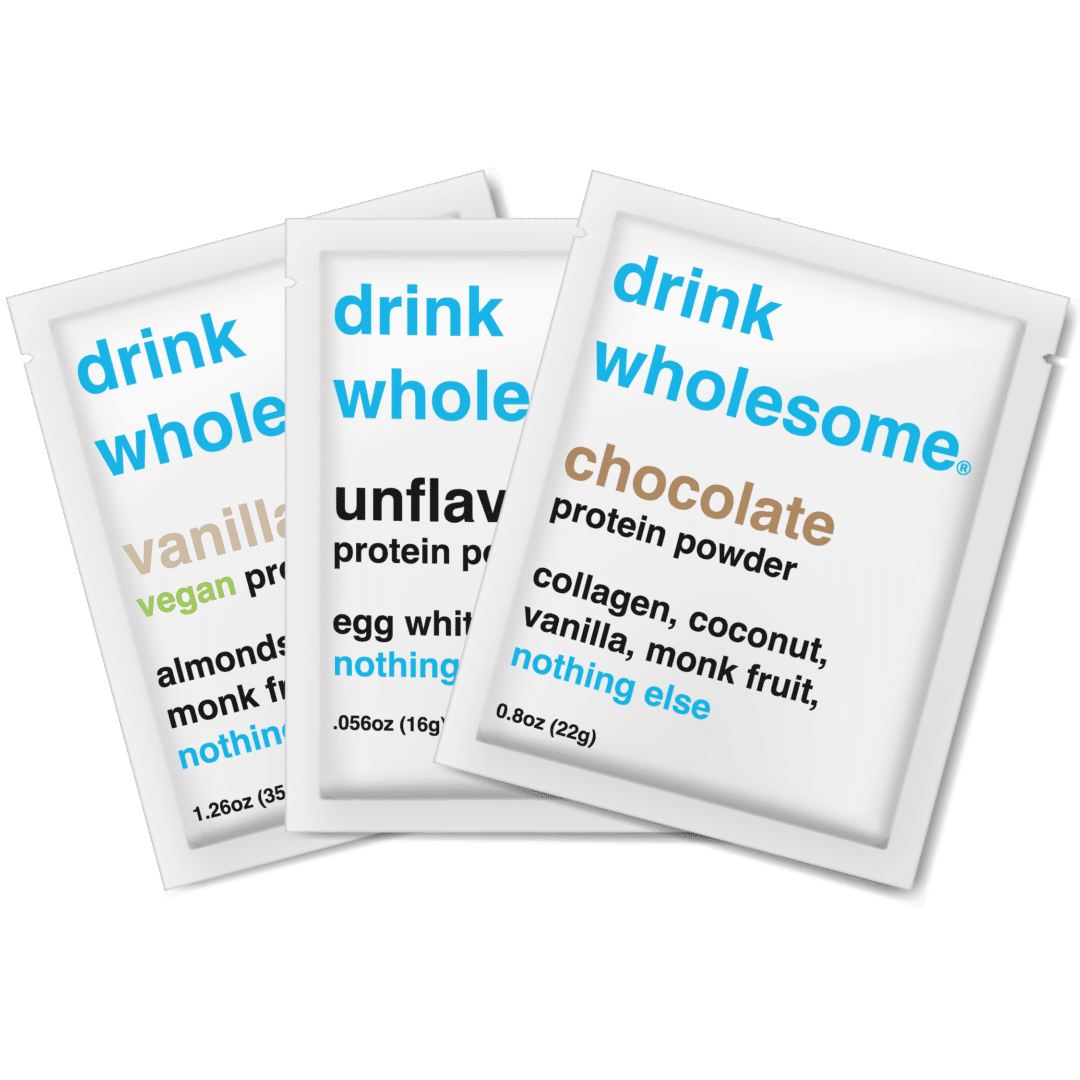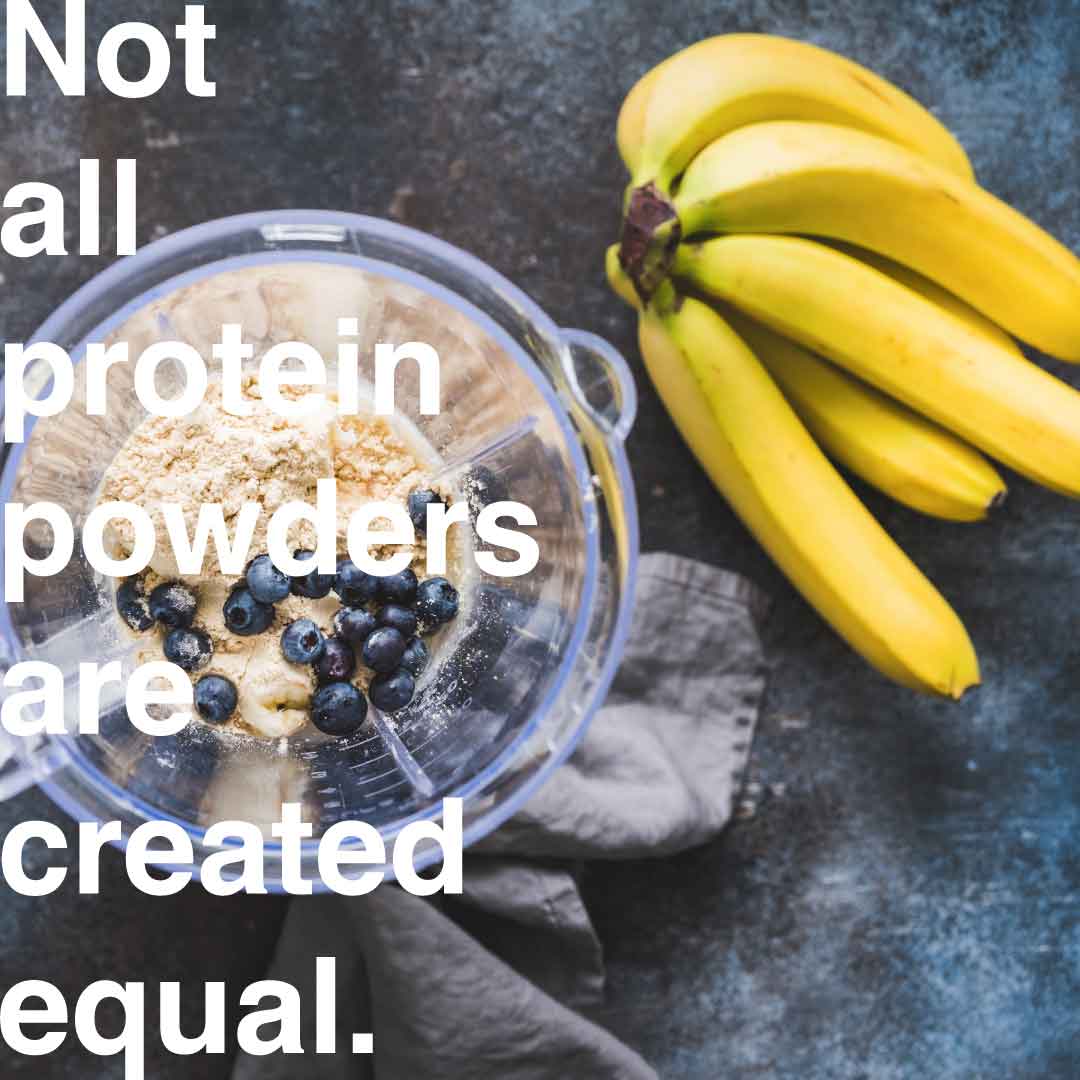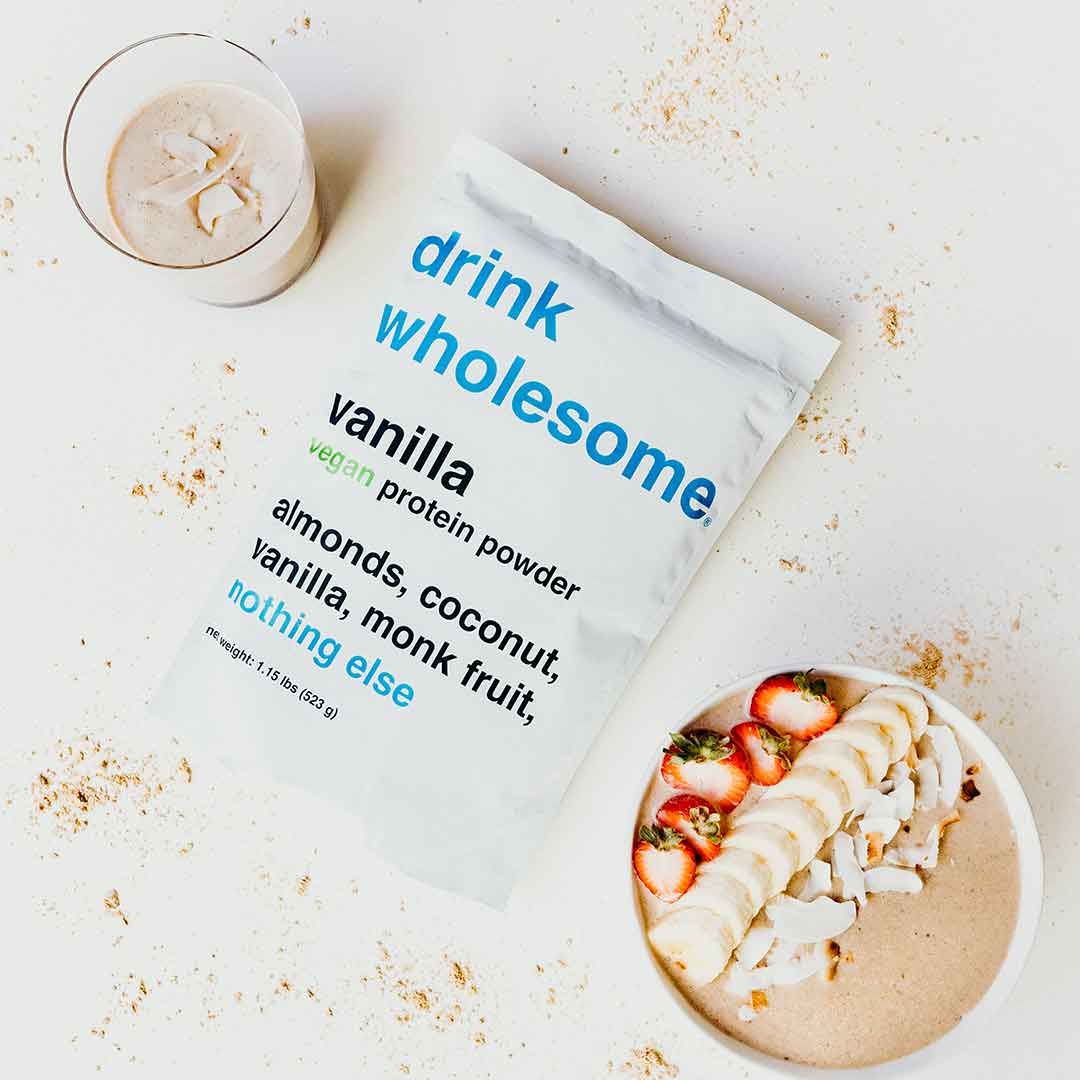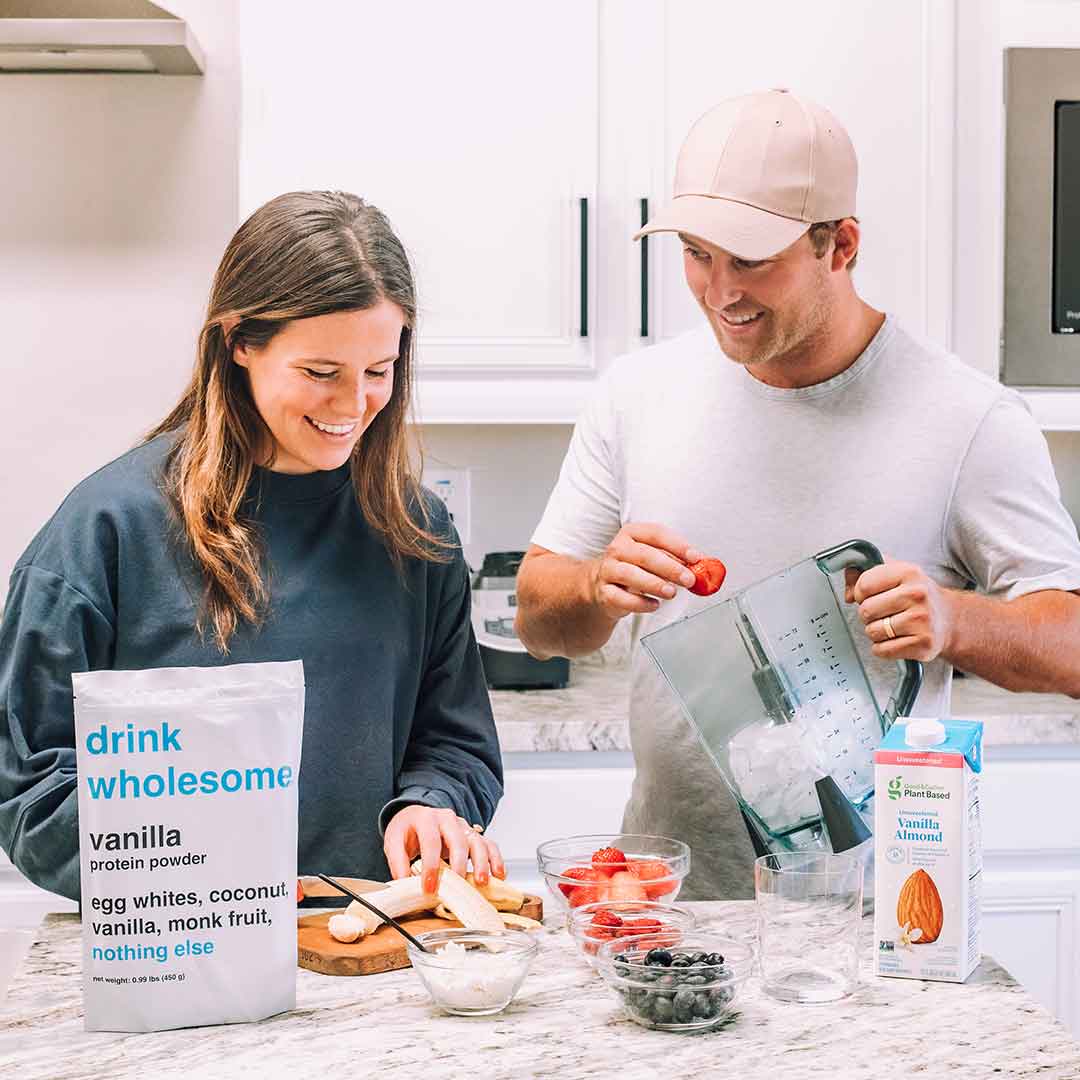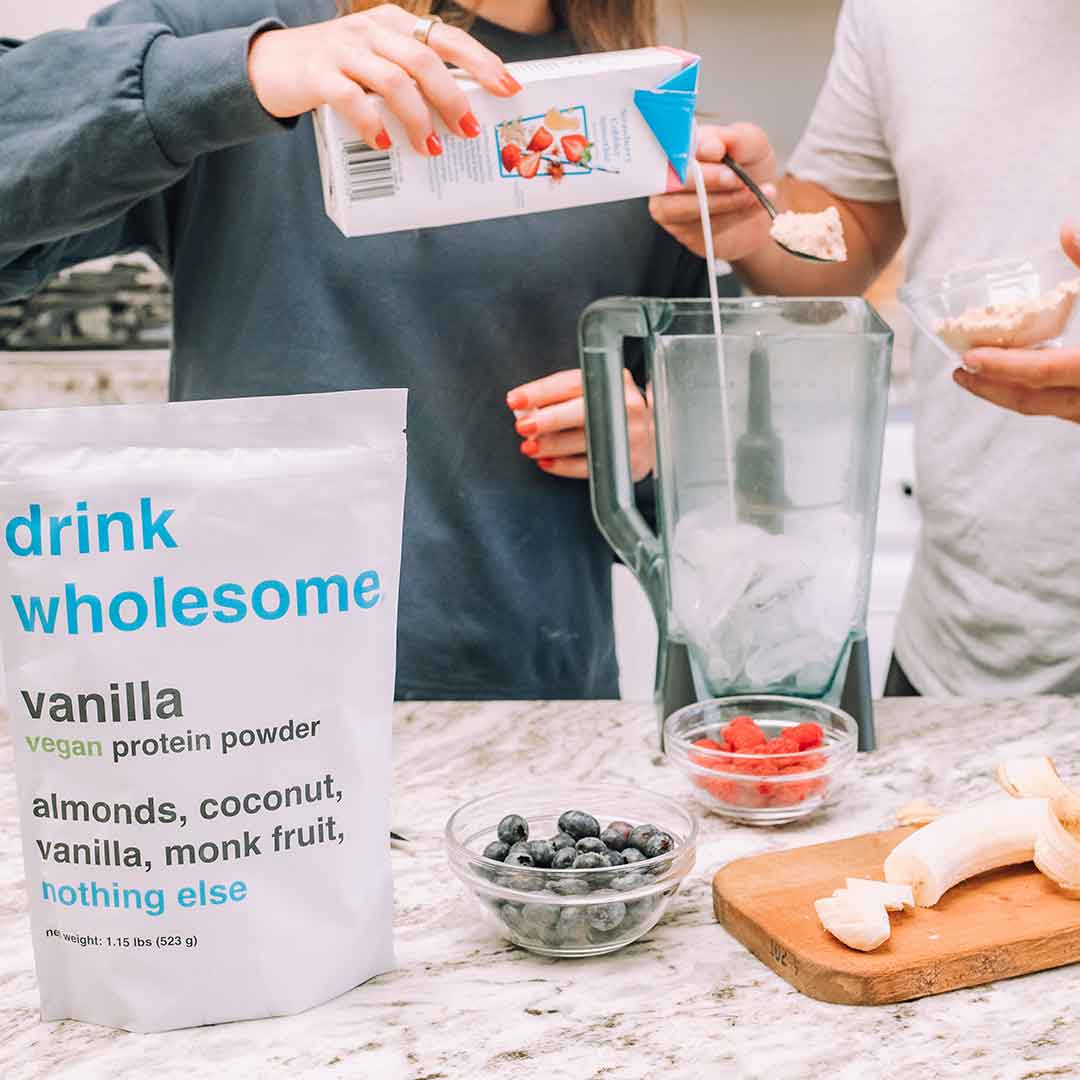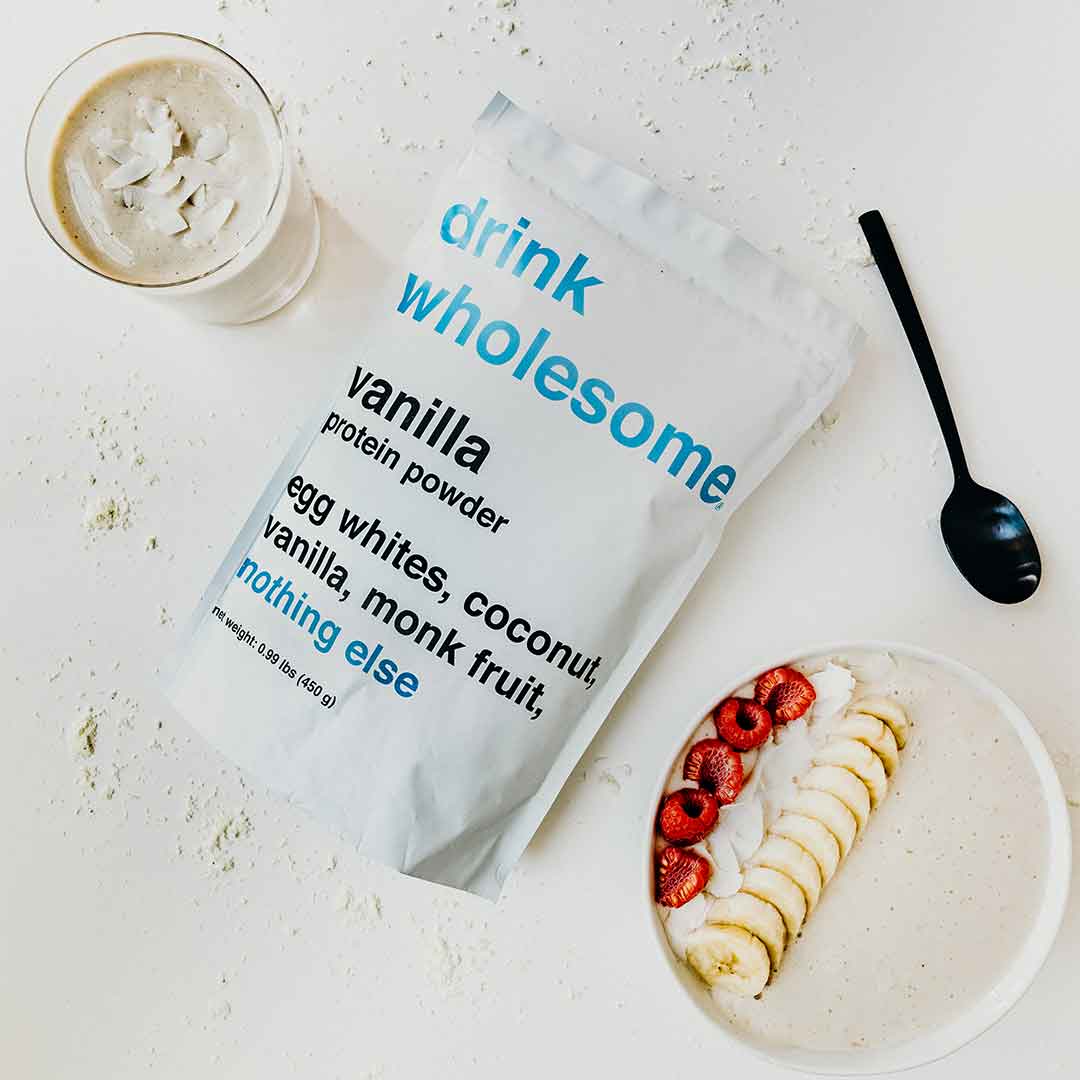drink wholesome is the best natural protein powder.
What does natural mean?
The Food and Drug Administration (FDA) considers the term “natural” to mean “that nothing artificial or synthetic has been included in, or has been added to a food that would not normally be expected to be in that food.” According to this definition, many protein powders can be considered natural, as they do not contain artificial or synthetic ingredients.
The problem with this definition, however, is that it does not address food production methods, such as the use of pesticides, nor does it explicitly address food processing or manufacturing methods. Many “natural” foods that we eat underwent some degree of food processing, which calls into question the meaning of the word natural. How can an almond and a granola bar both be natural? One is naturally-occurring, whereas the other is derived from heavily-processed naturally occurring ingredients.
To further illustrate the limited scope of the FDA’s definition, I like to use the example of natural flavors, which are used in many protein powders. According to the FDA, the term natural flavor refers to
“the essential oil, oleoresin, essence or extractive, protein hydrolysate, distillate, or any product of roasting, heating or enzymolysis, which contains the flavoring constituents derived from a spice, fruit or fruit juice, vegetable or vegetable juice, edible yeast, herb, bark, bud, root, leaf or similar plant material, meat, seafood, poultry, eggs, dairy products, or fermentation products thereof, whose significant function in food is flavoring rather than nutritional.”
Is it just me, or does this mouthful of a definition make no sense at all? How can we classify these flavors as natural when they are so far removed from nature? To make matters worse, while food manufacturers are required to disclose their ingredients, flavor manufacturers are not. They can add solvents, preservatives, emulsifiers, carriers and other additives to a flavor that qualifies as “natural” under current regulations. This means that the natural flavor on your ingredient list might just be a catch-all term for everything that a manufacturer would rather not spell out on the ingredient list.
I would like to bring up the example of stevia to further illustrate the ambiguity of the term natural. Stevia is a zero calorie sweetener derived from the stevia rebaudiana plant. It is over 100 times sweeter than table sugar, and is considered by many, including the FDA, to be a natural alternative to artificial sweeteners . That said, stevia is often extracted from the stevia rebaudiana plant using chemicals like ethanol and methyl alcohol. This, one could argue, makes it barely more natural than the artificial sweeteners that it seeks to replace. In fact, a recent class action lawsuit filed in California reached a $6.1 million settlement because it was ruled that the company in question falsely labeled and advertised its stevia sweeteners as natural.
Why you should eat real foods.
Given the limited scope of the FDA’s definition, we encourage our customers to eat real foods. Unlike natural foods, real foods are always close to nature because they must be minimally processed, and can contain only one ingredient. An almond is a perfect example of a real food. It is just an almond. You can climb a tree, pick one, and eat it as it is. Natural flavors, on the other hand, are not real foods. You cannot find natural flavors in nature, and as you just learned, they often contain more than one ingredient.
Is protein powder natural?
Technically, protein powder is not natural, as you cannot find it in nature. That said, some protein powders are far more natural than others. What makes a protein powder more or less natural is the percent of its ingredients that qualify as real foods. A protein powder made with 100% real foods, for example, can be considered more natural than a protein powder that contains ingredients like natural flavors and stevia.


